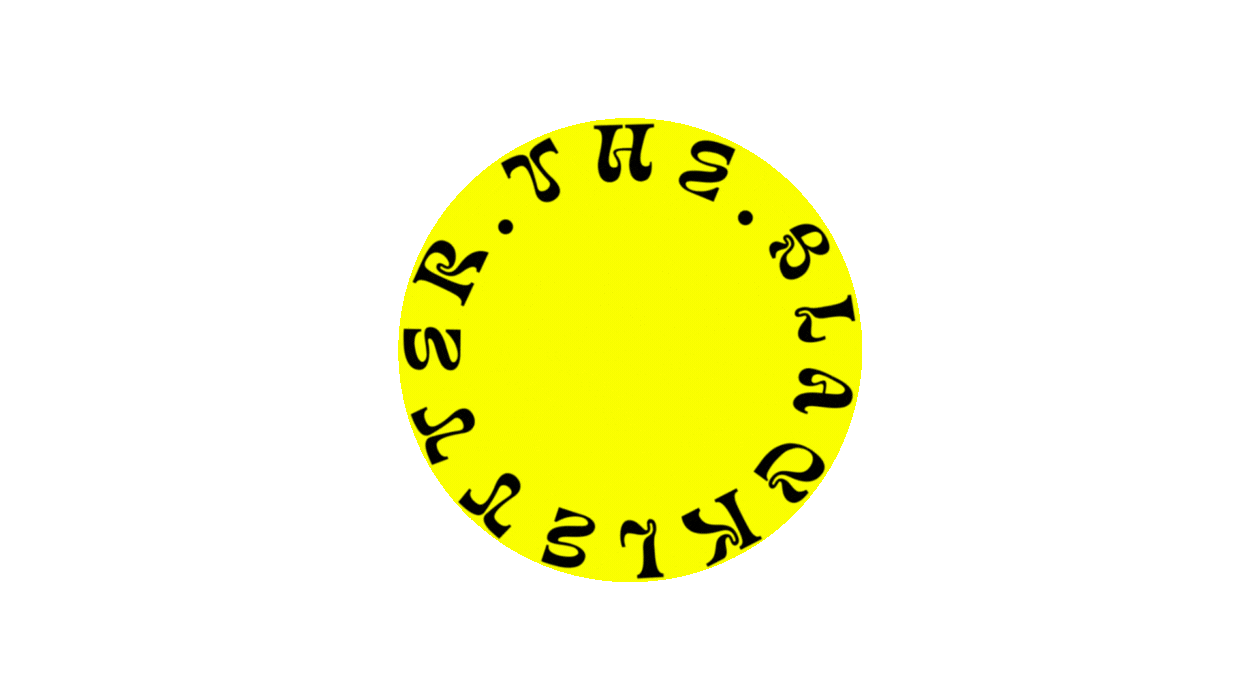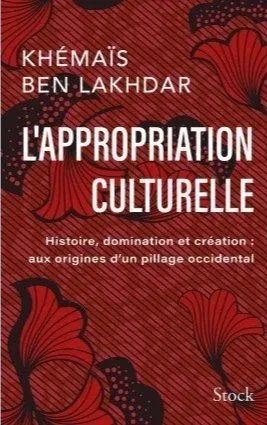The Shine and the Shadow of Air Afrique: Theft, Power, and Black Creativity
The White Gaze Never Left
Air Afrique has long been a symbol of Black creativity in Paris a collective of young diasporan artists reclaiming space, reshaping narratives, and redefining “cool.” As a platform for Afro-diasporic arts, conversations, and knowledge, their work spans visual arts, fashion, and design. I was once fascinated too; it felt refreshing to see young Black people in spaces that often excluded us. But recently, I learned that one of their members, Djiby, was accused of stealing another person’s life story to make a film. That the film in question is now being celebrated, shown, and possibly awarded., I wasn’t surprised.
Not even a little bit.
This moment reveals the recurring cycle Black men face in art and culture: brilliance and violence, creation and theft, charisma hiding harm old patterns in new, polished forms.
Five years ago, I was invited to an Air Afrique event at Soho House in Paris. The room was full of energy — sharp outfits, familiar faces, a feeling that something was happening. They were talking about their projects, their vision, how they wanted to reimagine African narratives through art and design. Then Djiby spoke, mostly about people he knewor claimed to like Pharrell Williams and Virgil Abloh, whom he referenced all the time, though Virgil had already passed.
I never liked Virgil’s work, and I don’t like Pharrell Williams either. But what bothered me most wasn’t the art it was the performance. The constant name-dropping, the obsession with proximity to fame. And then came the part that stuck with me. He said something about how important it was for us, as Black artists, to exist in white-dominated spaces in places like Palais de Tokyo, the Musée d’Art Moderne.
“We need to see ourselves there,” he said.
I asked, “Why?”
He looked at me like I was the one missing something. He said, “Because these are historical spaces. We need to be part of history.”
I said, “Whose history?
He couldn’t answer. I told him the truth: “You don’t want history. You want validation. You want white validation.” And the room went quiet. Because apparently, saying “white” out loud was the real taboo not the longing for white approval that defines so much of our creative world. That night, I left with a feeling I couldn’t quite name. But I knew something was off.
Now I know what it was. The same man who once preached about reclaiming space for Black stories has stolen another Black person’s story turned it into a film, a product, a performance. And the world applauds. Because that’s what happens when theft is dressed up as art, when charm covers up harm. It’s a pattern. A lineage of men who believe that brilliance excuses everything. And a lineage of communities especially Black communities that have been conditioned to protect them.
But what makes this story even more painful is that the theft didn’t come from a white curator, or a European institution, or some colonial archive.
It came from within. From someone who looks like us. And that’s a different kind of wound because we’re used to naming appropriation when it comes from the outside. We know what it looks like when white people steal from us. But we’re less comfortable admitting how often it also happens inside the community how people who share our skin color still reproduce the same extractive logics, using our culture, our pain, our history as raw material for personal gain. Appropriation isn’t always about race; it’s about power.
It’s about who gets to tell the story, who gets to profit from it, and who gets erased in the process. And in this era of Black capitalism and “representation,” the appropriation sometimes wears a familiar face. You see it with Beyoncé, with Pharrell Williams, with those who turn culture into currency rebranding the collective struggle into personal branding. It’s the same violence, just better dressed. And it’s terrifying how easily we celebrate it.
We’ve been taught to protect Black men at all costs.
We do it, because we know how white supremacy destroys them.
We do it because we’ve seen how easily the world kills them, imprisons them, humiliates them. But in our protection, we’ve learned to silence the people THEY harm usually Black women, sometimes queer Black people, sometimes other men.
We’ve built a reflex out of trauma. And that reflex has created monsters.
That’s why we still have R. Kellys and Bill Cosbys and Diddys. Because accountability feels like betrayal when your entire existence has been shaped by collective survival. But what kind of survival is it when we protect the abuser more than the abused?
What kind of liberation is it when the truth becomes collateral damage? I keep thinking about that night at Soho House. About how obsessed he was with being seen not just by Black people, but by white institutions & people..
How he spoke of art spaces that have historically dehumanized us as if they were holy temples.
We talk about “reclaiming space,” but often we actually want to be invited in. We want our art in the Louvre, our voices in Le Monde, our faces on Vogue covers. We confuse being seen with being free. But there's a difference between being noticed and being truly accepted. In a world ruled by whiteness, acceptance often costs those with less power, fewer resources, and less protection.
When I found out Djiby took Rakajoo’s story, I immediately thought of that moment in the room how he talked about white institutions like prizes to win. The audience clapped without question. Only I spoke up and was quickly called a hater for "disturbing the peace." This happens too often. We praise “Black excellence” without asking who gets erased. We confuse hierarchy with community. We mistake copying patriarchy, capitalism, and whiteness for true representation. If we want real freedom, we must stop protecting men at the expense of truth. We must reject the idea that being close to white power means progress. We must stop mixing up representation with justice. I won’t join another group that keeps colonial thinking alive, just with darker skin and cooler clothes. I want spaces built on care, responsibility, and open honesty—places that don’t need the Louvre, Soho House, or white approval to be real.




